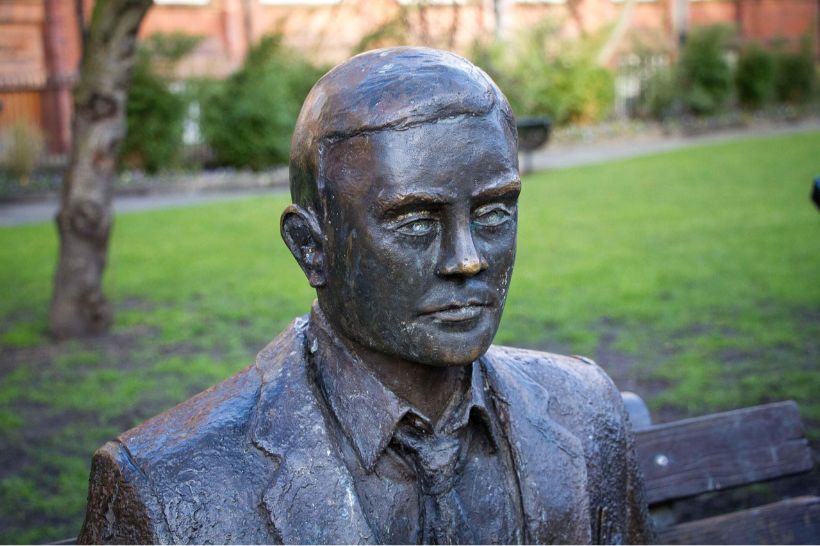The Alan Turing Institute and others are running a project seeking data and analysis professionals
Credit: Peter Byrne/PA Wire/PA Images
The Alan Turing Institute is creating a “rapid-response data-science taskforce” to support the work of NHS trusts.
The institute, which serves as the UK’s national institution for data science and artificial intelligence, is heading up the Decovid project, which aims to provide data and analysis experts that can deliver speedy insights to support front-line care.
The Turing is joined in the project by the non-profit organisation Health Data Research (HDR) UK – a collective of 22 research institutions across the UK – and two NHS trusts and their partner universities: University College London Hospitals; and University Hospitals Birmingham.
The institute is seeking existing data-science teams or individual practitioners to put themselves forward. Academics are especially sought, but applications from industry research specialists are also welcome. All applicants must possess “strong experience in working with health and clinical data applications”.
Related content
- AI Week: Turing Institute on why government should use data science to ‘make better policy’
- Carry on campus – how ONS data science is supporting Brexit negotiations and coronavirus response
- Will the UK government use phone tracking to fight pandemic?
Once the project gets underway, pre-existing teams or those assembled from the “talent pool” of individuals will be tasked with delivering quick data-based answers to research challenges set by NHS clinical leads.
“Potential research directions include developing early warning scores for patient deterioration in hospital wards, assessing the efficacy of interventions, improving the delivery of healthcare services in hospitals, and tracking the spatial spread of disease,” the Turing said.
There will be two “waves” of the research project, the first of which will see data scientists asked to “use tested, robust and reproducible methods to inform acute care-management and clinical decisions”.
The second wave, meanwhile, will focus on “novel methodological research, aiming to improve on standard models”.
Example questions to which teams might be dedicated include: what are the atypical presentations that have been processed as ‘non-covid’, placing other patients and staff at risk? Can we identify those at risk of catastrophic organ failure early?; And can we predict hospital demand based on NHS 111, online and primary care data?
These challenges will be reassessed regularly by a “scientific steering committee” including clinical leads.
“The committee will review the research questions continuously, redefining with the leadership teams as necessary based on new data flows and availability and progress being made, or moving to other questions if there isn’t a possibility of solving the question in a useful timeframe,” the Turing said. “Teams should be able to respond and pivot where necessary.”
The Turing said it hopes to be able to secure funding equivalent to 80% of costs.
The initial window for teams to submit expressions of interest closes tomorrow at 1pm, while individuals are invited to put themselves forward until the same time on Friday 10 April. Applicants are asked to indicate how long they would be able to dedicate themselves to this project, and whether or not they can work without funding.
Work is then scheduled to begin immediately.
More information is available here, and questions can be emailed to covid19@turing.ac.uk.



